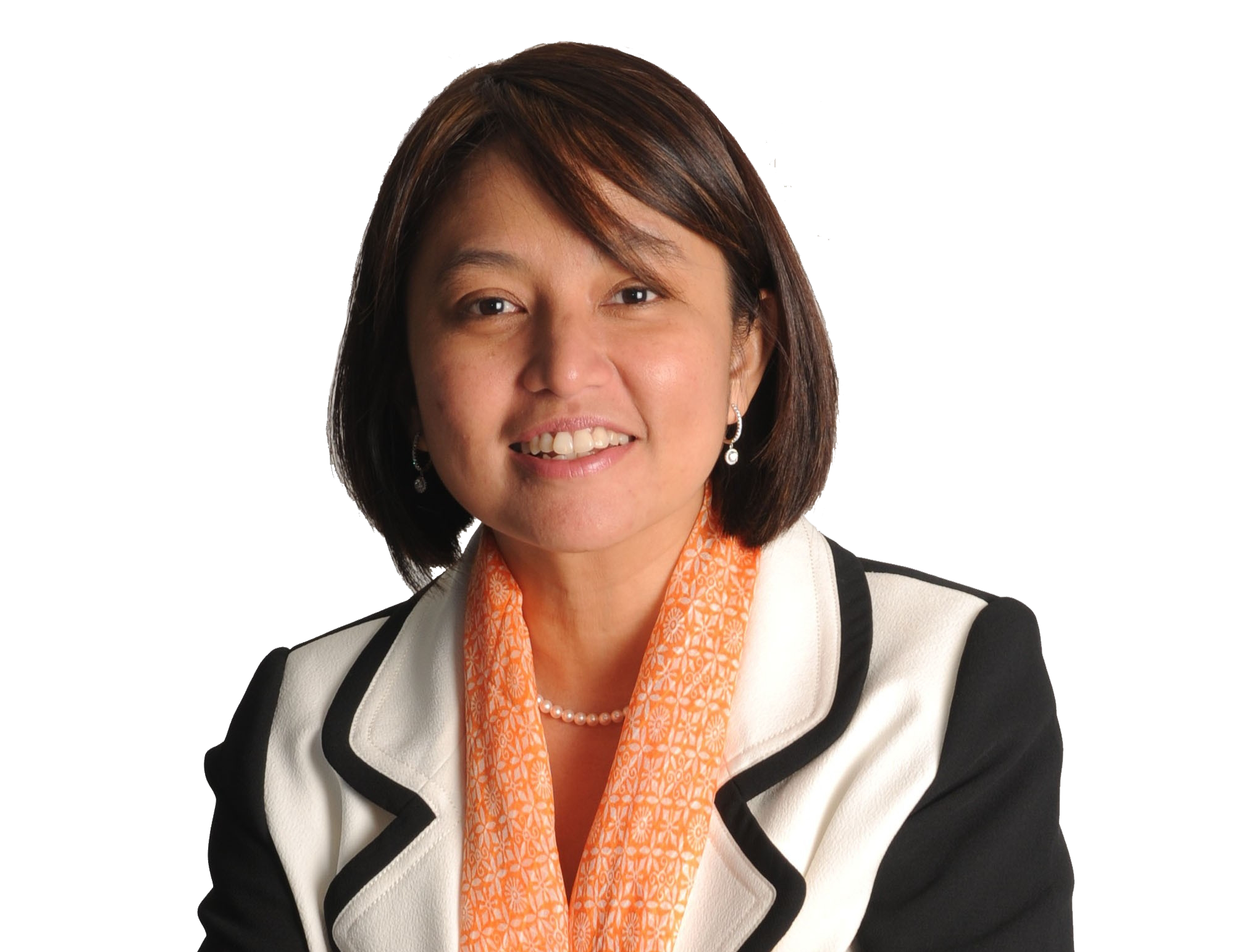|
 “The importance of ISO certification to mitigate tax and transfer pricing risks”
Dr Knut Olsen, Chartered Global Tax Practitioner/Certified ISO Auditor, Dr K Olsen Global Tax Consultants, Norway
“The importance of ISO certification to mitigate tax and transfer pricing risks”
Dr Knut Olsen, Chartered Global Tax Practitioner/Certified ISO Auditor, Dr K Olsen Global Tax Consultants, Norway
Dr. K. Olsen is a global tax practitioner with a unique tax background. With experience as a Global Tax and Head of Global Tax for large multinational corporations, Tax & VAT Inspector, Tax Professor, combined with ongoing education, he has a very broad experience in respect of most global tax issues and can provide extensive advice on legal tax matters. He gives global tax advice to large multinational corporations, like shipping companies, airlines, telecommunication and petroleum. In September 2014, he was a keynote speaker at the 14th Global Transfer, held in the USA.
Why Tax Managers in Indonesia and beyond need to establish and maintain proper tax risk management in the transfer pricing in order to be able to identify, analyze, prioritizes, minimize and evaluate such tax risks, and one way to resolve this, is to achieve ISO Certification on transfer pricing in order to show that the companies are compliant and operate in accordance with the legislation and the arm's length principles of all the operating countries
Previously, tax managers spent most of their time on creative, legal tax planning. Today, they probably need to devote most of their creativity on preparing and protecting company tax positions and shareholders' interest and assets. One way of doing this is to establish and maintain proper tax risk management in the transfer pricing in order to be able to identify, analyze, prioritizes, minimize and evaluate such tax risks. Achieving ISO Certification on transfer pricing will mitigate the tax risks involved, which will overcome all the influence and the negative consequences that could result from a transfer pricing investigation and any adjustments. This session provides awareness on the extent of tax and transfer pricing risks currently faced by multinational companies operating in Indonesia as well as beyond.
The risks associated with transfer pricing have never been as high as they are today and probably rank among the top three risks faced by multinational corporations. In past instances, many other companies have faced tax bills amounting to billions of hundreds of millions USDs as a result of transfer pricing adjustments. Tax authorities around the world are looking very seriously against transfer pricing. Tax authorities have acquired greater resources, greater cross-border cooperation and more tax information exchange treaties, including the OECD’s Automatic Exchange of Information (AEOI). AEOI initiative is landmark achievements in the area of global taxation governance. From 1 January 2016, the OECD’s AEOI is coming into effect, with automatic exchange of tax information among 44 early-adopter states. Indonesia is one of the early-adopters of the exchange system and Indonesia will adopt it in September 2017 while global implementation will occur in 2018. In light of AEOI, this treaty will directly has an influence on transfer pricing risks, as a result of high level integration of cross-border activities, that has further multiplied the risk, implying substantial and cumulative financial impact involving adjustments, non-deductible penalties and administrative burden. Furthermore, governments need more money and are placing pressure on the tax authorities to collect more tax revenue, which will further create an increase in the risks associated with significant adjustments, penalties as well as double taxation. Therefore, it goes without saying that transfer pricing adjustments could also damage the reputation of a company, which may have taken decades to build up. As such, multinational companies operating in Indonesia and beyond need to increase transfer pricing operational efficiency and subsequently, mitigate the risks through attaining as ISO Certification on transfer pricing. To resolve this, the way forward is to achieve ISO Certification on transfer pricing in order to show that the companies are compliant and operate in accordance with the legislation and the arm's length principles of all the operating countries.
|









 Michal Piechocki, Chief Executive Officer, Business Reporting – Advisory Group (BR-AG), Poland
Michal Piechocki, Chief Executive Officer, Business Reporting – Advisory Group (BR-AG), Poland



 Ari Irfano, Founder & Director, PT HSI Consulting, Indonesia
Ari Irfano, Founder & Director, PT HSI Consulting, Indonesia
 Dr Eko Suwardi, Vice Dean, Planning & Information Systems Faculty of Economics & Business, Universitas Gadjah Mada, Indonesia
Dr Eko Suwardi, Vice Dean, Planning & Information Systems Faculty of Economics & Business, Universitas Gadjah Mada, Indonesia
 Dr Hendi Yogi Prabowo, Director & Founder, Centre for Forensic Accounting Studies, Islamic University of Indonesia
Dr Hendi Yogi Prabowo, Director & Founder, Centre for Forensic Accounting Studies, Islamic University of Indonesia


 “The importance of ISO certification to mitigate tax and transfer pricing risks”
Dr Knut Olsen, Chartered Global Tax Practitioner/Certified ISO Auditor, Dr K Olsen Global Tax Consultants, Norway
“The importance of ISO certification to mitigate tax and transfer pricing risks”
Dr Knut Olsen, Chartered Global Tax Practitioner/Certified ISO Auditor, Dr K Olsen Global Tax Consultants, Norway